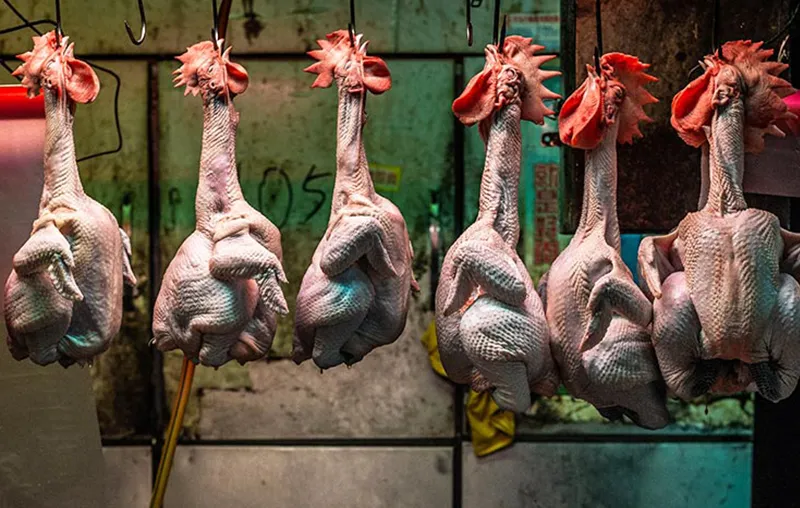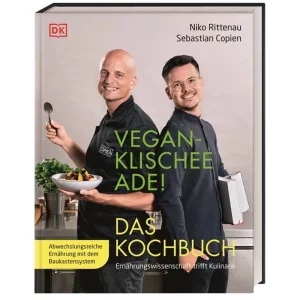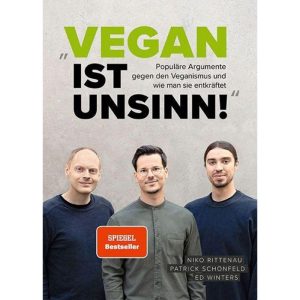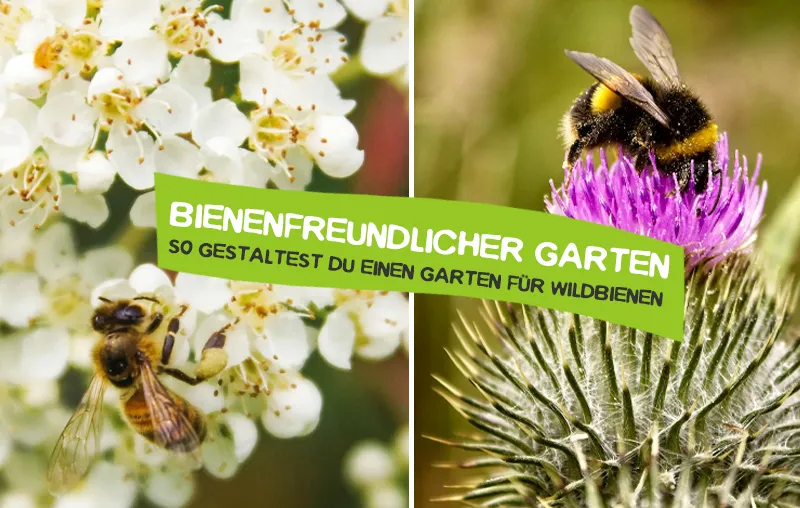What is meant by carnism? If you're looking for an answer to this question, you've come to the right place! And admittedly: The term hasn't been around for very long. But it pretty much describes the exploitative system of meat-eating that I myself unconsciously appreciated for almost 30 years of my life and also promoted through my purchasing behavior.
It was only when the background to the meat industry and the real reasons for my meat consumption leaked out to me that I began to question and better understand the "meat" system and the ideology behind it.
In this article, I would therefore like to provide you with all the important information about the psychology of eating meat. Let's go!
First of all, a brief overview of the article:
What is meant by carnism?
The carnism (carne = meat) is a invisible belief system that conditions us from an early age to eat certain animals. It is, so to speak, the psychology of meat consumption, which is deeply rooted in our society, in our beliefs, norms and convictions, and which significantly influences our behavior.
The opposite of carnism, which incidentally takes its name from the American psychologist Dr. Melanie Joy (absolute book recommendation: Why we love dogs, eat pigs and are attracted to cows*), the Veganism.
It is the way of life that tries - as far as practicable - to all forms of animal exploitation for food, clothing and other purposes.
Tip: As further reading, I can also recommend the Book "Eating Animals" by Jonathan Safran Foer (is available here*). In it, the author gets to the bottom of the question "What do we eat and why?
Why has the term "carnism" not been around for so long?
For many people it is a Self-evidenteating meat, even if it is actually a free decision for each individual. But it is so self-evident that we believe, "that things are just the way they are".
For a long time, we did not realize that this behavior was irrational and contradictory (Animals love but eat them), not seeing that it is destructive and not even understanding that we are the free choice have to do something different.
Only very few people have recognized an initially invisible belief system such as carnism. And that is precisely why the term first appeared in 2001.
Why do you eat some animals and not others?
Most people would probably claim to love animals and cruelty to animals to be rejected.
Nevertheless, they regularly pay money for itthat someone is torturing and killing an animal for them. And so many people experience unpleasant inner conflicts, the so-called cognitive dissonances.
Eating meat has also long been not a vital necessity more. It is a free decision.
We should therefore first answer one question urgently: Why do we eat animals at all? Here are the only real logical answers:
- Convenience
- Tradition
- Habit
- Taste
It is about non-essential reasonsthat cannot morally justify what we are doing to innocent animals. But these are the four main justifications for eating meat.
But why are we suddenly outragedwhen someone offers us dolphin, dog, cat or horse meat? Or to put it another way: Why do we eat some animals and pet others? In fact, both apply to rabbits.
Some animals as valuable and others as inferior and to justify this categorization with human superiority is called Speciesism.
However, there is no ethically justifiable and logical reason for the distinction. Only personal and Convictions established from an early age let us recognize a difference between dogs and cows, even though both are animals around sentient beings who do not want to die.
Why has carnism been part of our society for so long and still is?
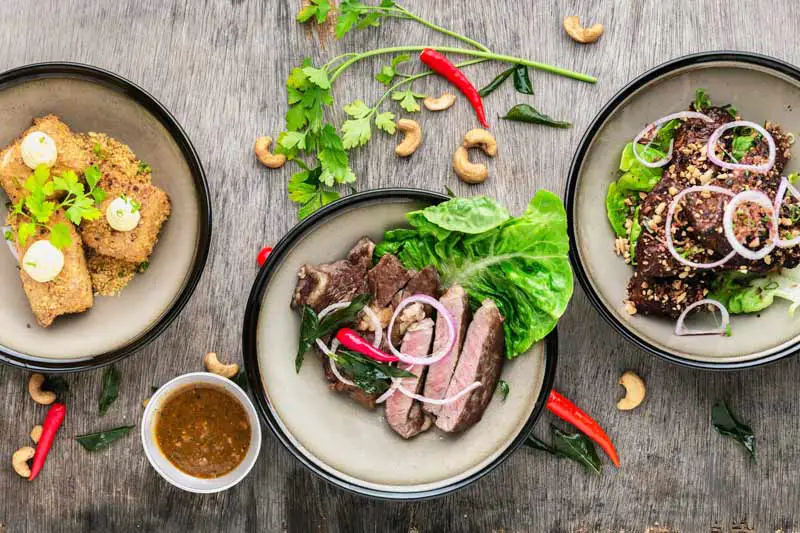
We Humans are not carnivores. Our entire anatomy is geared towards the consumption of plants. For example, we have no fangs and have a long gastrointestinal tractwhich is suitable for digesting plants. And meat consumption even increases the risk of bowel cancer and other diseases. nutritional diseases.1
In addition destroys the Factory Farming our planet and costs billions of animals their lives. (see also Live counter for killed animals worldwide)
Nevertheless, every German eats throughout life about 1100 animals on average.
We teach our childrenWe are all too aware of the need to treat rabbits lovingly while we put their floppy ears in the oven in the evening. But how can it be that this contradictory and anything but humane behavior is such an integral part of our society?
The answer is provided by the social and psychological defense mechanisms of carnism that lead us to participate in actually inhumane practices without fully realizing what we are actually doing.
Dr. Melanie Joy speaks in her book "Why we love dogs, eat pigs and are attracted to cows (is available here*) from the following three key mechanisms.
Denial: We cannot question what does not exist
The Concealment and invisibility make it easy for us to completely ignore the unpleasant aspects of meat consumption and production.
The psychology of eating meat is invisible. You can't tell from a steak on a plate that it used to be an animal. If you could see it, many people would probably lose their appetite for meat. But as long as they are unaware of the animal suffering and the ecological and health consequences of meat consumption, it is easy to deny the problems.
And if we do once in a vegan documentary or catch a glimpse behind the scenes of factory farms and slaughterhouses on an advertising poster, the animal welfare labels quickly ensure that we regain a clear conscience.
But the Victims of Carnist ideology are unfortunately also invisible. It is not only about the billions of farm animals that suffer and ultimately die for our "lust for meat", but also about the traumatized and mostly exploited slaughterhouse workers. The health of human consumers and not least the ecological consequences (such as climate change) are also a creeping, invisible danger.
Notice: This behavior is the classic Ostrich tactics, where we bury our heads in the sand in order not to have to solve problems and injustices.
Myths: Eating animals is normal, natural and necessary
The system of carnism is also maintained by the fact that we have its View myths as facts. We need to eat beef and chicken eggs to get enough protein and drink breast milk from cows to get enough calcium for our bones.
At least that's how it was described in countless earlier Commercials which is why many people still justify their meat consumption today. In addition Euphemisms for animal products such as steak, sausage and schnitzel, which take us even further away from realizing the piece of flesh of a sentient, innocent creature on our plate.
But the meat lobby has not only built up an invisible and morally reprehensible belief systemto earn a lot of money on the backs of the animals. It is therefore trying by all means to maintain its exploitative, environmentally destructive and health-threatening activities.
This works by presenting eating animals as normal, natural and necessary. But also by promoting counter-movements such as the Veganism attacked and made to appear false. Here are a few examples of vegan myths and prejudices:
The aim, of course, is to anchor these beliefs in our society in order to to discredit the animal-friendly message and to allow as few people as possible to recognize the invisible psychology of meat consumption.
Tip: In any case, I can recommend the Book "Vegan ist Unsinn!" (is available here*) to your heart. In it, popular arguments against veganism are logically refuted.
Perception Distortion
In our perception of animals in our society, we naturally differentiate between between sacred pets and inferior farm animals.
Based on the carnism, we divide them into "edible" and "not edible" one. A dog is there to be petted and its meat is not eaten. A pig, on the other hand, is a farm animal whose meat is eaten. That's it.
These are all sentient beings and there is not one logical, morally defensible reason to differentiate between them. Instead we speak of humane slaughter. There is nothing at all humane about what we do to "farm animals" for our eating habits - that is, compassionate, merciful and loving.
Obviously, carnism blocks our natural empathy, so that we act contrary to our personal values without realizing it. The system "flesh" has conditioned us not to think and feel. Only when we break out of the carnistic defense mechanisms do we recognize the reprehensible background and problems of meat consumption.
Tip: Do vegans actually have pets? In the linked post, you'll learn all about the compatibility of the vegan philosophy of life with keeping a pet.
Why does carnism represent a social injustice for humans and animals?
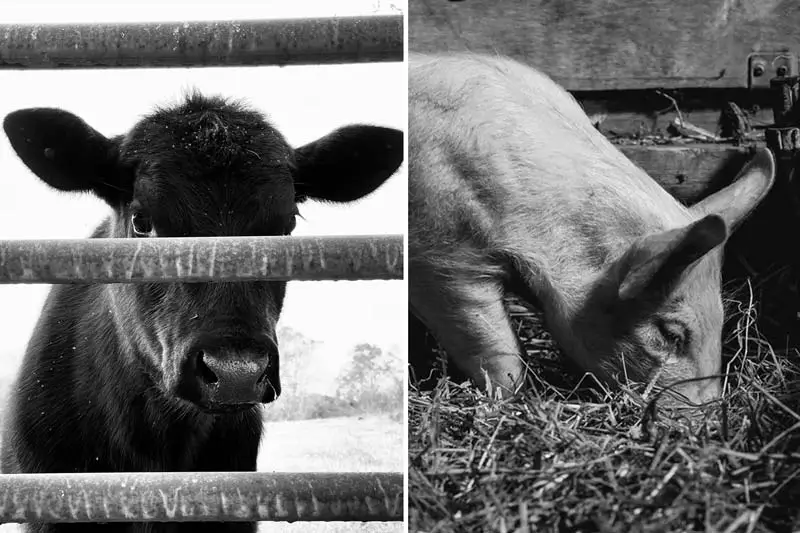
Those who close their eyes to the system of carnism, to be able to continue enjoying (their) meatnaturally also see no social injustice in this.
A popular counterargument is that Eating meat a personal choice was. But since this decision direct and indirect victims it is not personal.
Cows, pigs, sheep, chickens and dozens of other animal species are first exploited and then killed. Resource-intensive factory farming is also responsible for the biggest environmental problems of our time that affect us all. And if we simply consumed the plants grown as animal feed directly, it wouldn't even have to be the World Hunger give2
Meat consumption is the Result of the oppressive system of carnism. The man thought he was superior to the woman because she was different. White people thought they were superior to dark-skinned people because they were different. And today we still believe that we are superior to non-human animals because they have feathers, wings, wool or fur.
For a more compassionate and just society, we must Take all forms of oppression seriously and change things together.
How we end carnism and related injustices
Meat consumption is a highly polarizing and difficult topic to discuss because of this manifested belief system. However, is it still so controversial even when we absolutely unbiased consider?
Suppose we had never exploited and killed a single animal for our own benefit. What would you think about a person who cuts up cows? Pigs gassed and Chick shreds? You would probably rather see him/her as a psychopath than believe and accept that he/she is behaving "quite normally".
We need to realize how much the psychology of eating meat actually affects us. Only then can we understand and adapt a future-oriented, peaceful, environmentally friendly and animal-friendly movement such as veganism - and actually live in harmony with our personal, human values.
"Animals are my friends and I don't eat my friends."
George Bernard Shaw, Irish playwright (1856-1950) (more at Animal welfare quotes)
You may not have known about carnism until this article. Now you know what's behind it. What are you doing about it?
In addition to recommending the book „Why we love dogs, eat pigs and are attracted to cows "*. I still have some further articles against this social injustice that might interest you:
- Vegan against violence
- Why you are also vegan for human rights
- Become a vegan activist
- Stop factory farming
Do you have any questions or suggestions? Then I look forward to your comment!
Stay animal-friendly and aware of the consequences of your actions,

PS: Personally, the Dominion film because it shows the brutal truth of the meat industry. Make sure you watch it. It is here for free on YouTube to see.
References:
- American Dietetic Association; Dietitians of Canada (2003): Position of the American Dietetic Association and Dietitians of Canada: Vegetarian diets, https://pubmed.ncbi.nlm.nih.gov/12778049. [03.02.2025]. ↩︎
- M. Berners-Lee, C. Kennelly, R. Watson; et al. (2018): Current global food production is sufficient to meet human nutritional needs in 2050 provided there is radical societal adaptation, available at https://www.researchgate.net/publication/326488835_Current_global_food_production_is_sufficient_to_meet_human_nutritional_needs_in_2050_provided_there_is_radical_societal_adaptation. [03.02.2025]. ↩︎

